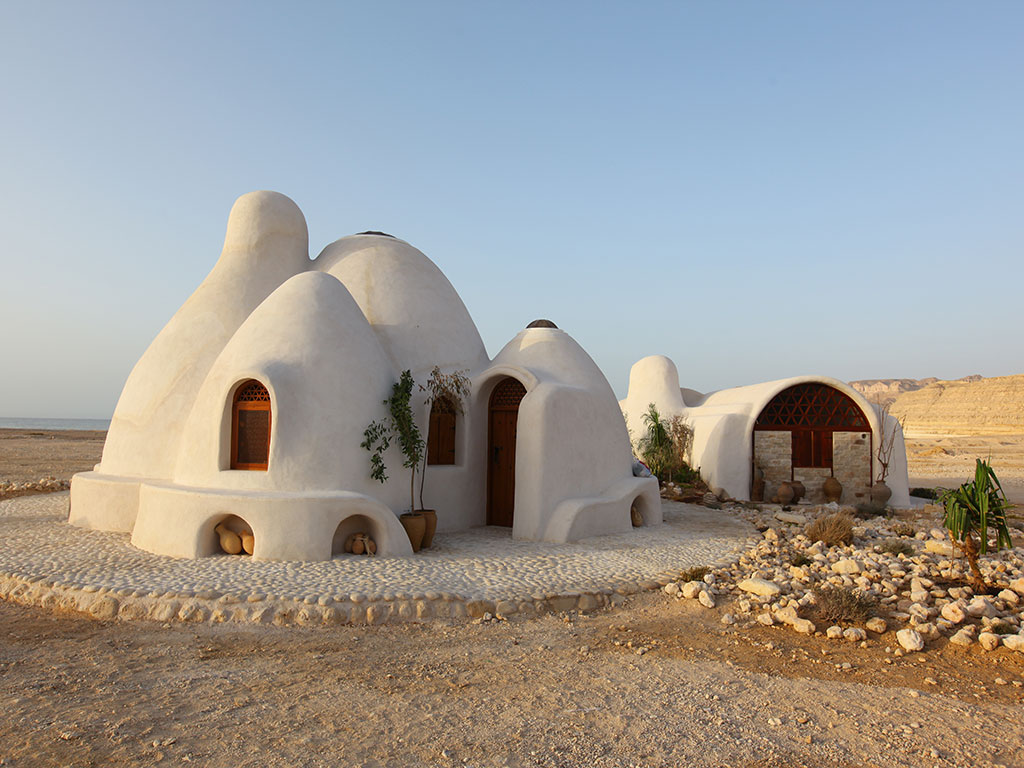
Top 5
Much has been made of the Middle East’s real estate market in recent years, as the region’s wealth and easy access to capital has created an accommodating growth climate – presenting a wealth of opportunities for those in the sector. Nonetheless, the characteristics fail to offset the fact that demand far outstrips supply, and it is here above all else that the Middle East’s status as a still-immature market is best seen.
In a region still characterised by a lack of transparency and inadequate government policy, the real estate sector represents a means by which the Middle East could perhaps realise a more diverse and sustainable economic strategy. Real estate developers, therefore, have been tasked with the responsibility of leading the region’s social and economic development, as the Middle East looks to move away from its dependence on oil and gas, and expand upon the diversity of its economic make-up.
Governments in the Middle East must start incentivising developers
“I personally view the role of a developer as the key player in facilitating this growth and in un derstanding the responsibility they have towards the built environment,” says Renimah Al-Mattar, Executive Vice President of United Real Estate Company (URC). “First and foremost, it is a real form of diversification away from oil.”
Addressing needed reforms
Al-Mattar is acutely aware of the opportunities and challenges facing the industry, as well as the unique qualities it takes to succeed in what remains a problematic marketplace. The relative immaturity of the market she says, does mean however, that there is a great deal of growth still to be realised; although there are many challenges, and require far-reaching structural reforms before the real estate sector reaches its potential.
“I think the role of developers has changed because they are no longer builders or contractors,” says Al Mattar. “We still have a tendency to call companies or investors ‘developers’ when they are not, and this does not happen only in the Middle East but actually all over the world.” Al Mattar continues to outline the importance of governments contributing to this same growth and treating real estate as more than an investment market, by acknowledging its contribution to social and economic growth. Governments in the Middle East, says Al-Mattar, must start incentivising developers by streamlining the process of approvals required and by creating further development guidelines, as opposed to simply reverting to subsidies.
Developing responsibly
Unlike construction companies, real estate developers must manage the entire value chain, starting with land acquisition onto overseeing valuations, developing and analysing financial feasibility studies, and, most importantly, creating development strategies. “A developer must not only choose the appropriate construction companies, consultants and architects,” says Al-Mattar, “developers are the entity that oversee the whole project and make sure the final product stays true to the development’s strategy, and that is something that we do at URC.” The challenge of realising untapped potential in the region’s real estate sector, however, is easier said than done. “Following the Arab spring, there are still uncertainties arising from political transitions and social unrest, and issues of unresolved public policy or private sector legal framework affect all industries, including the real estate sector.” What’s more, research shows that the majority of real estate activity in the Middle East is centred on land acquisition and residential units, given that there is an artificial shortage of land triggered by that being reserved, either indirectly or directly, for oil-based activities.
Taking into account the challenges that exist for real estate developers, only those with a focus on sustainability and a commitment to responsible development will succeed. With projects such as the Abdali Mall in Amman, Jordan and another sustainably minded project in Shuwaimiyah, Oman, has URC been working towards satisfying the demand for real estate and participating in the region’s wider social and economic development.
URC demonstrates how, with a commitment to responsible growth and a wealth of experience in the market, developers can skirt the complications that exist for those working in the real estate sector. “I want to continue working with my CEO, Mohammed Al-Saqqaf, who has been instrumental in driving many of our visions. Strong leadership and supportive shareholders are what will allow us to develop projects that we feel contribute to the built environment,” says Al-Mattar, on speaking of the company’s future. “My ambitions for URC are to continue to attract and retain talent that allows us to be the leading real estate developer in the region.”


